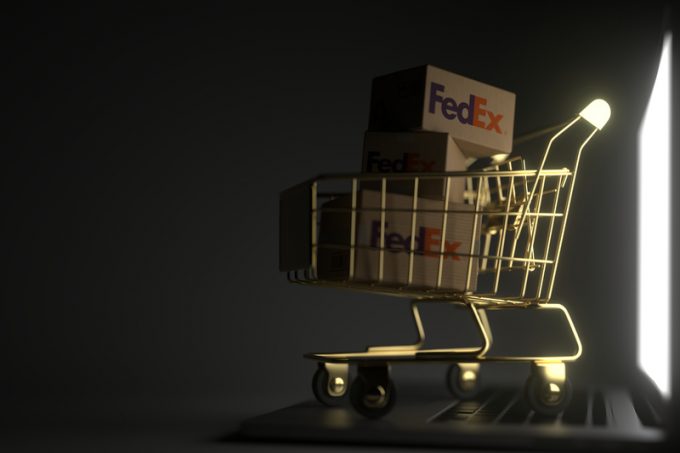Analysis: DHL Group – the bear dance
It strengthens after dismal FedEx update

FedEx has made a further move into e-commerce with the acquisition of ShopRunner, for an undisclosed amount.
But the takeover, expected to close by the end of the year, has left some market observers scratching their heads over what the move is meant to accomplish.
It will put ...
CMA CGM South Korean staff strike over bonuses after bumper 2024 profit
MSC switches two more Asia-Europe port calls from congested Antwerp
CMA airline returns two freighters, while ANA takeover of NCA looms
Front-loading frenzy has made traditional H2 peak season 'unlikely'
Nightmare for Bangladeshi exporters as congestion and tariffs bite
Tradelanes: Export boom in Indian sub-continent triggers rise in airfreight rates
Carriers introduce surcharges as congestion builds at African ports
Mexican airport modernisation plan unlikely to boost cargo facilities

Comment on this article